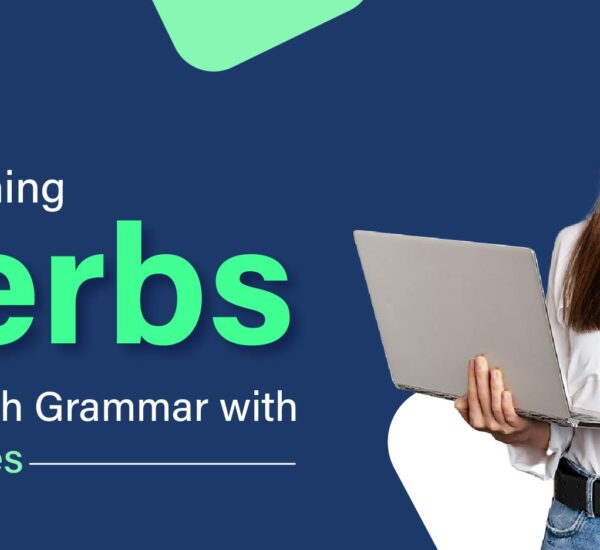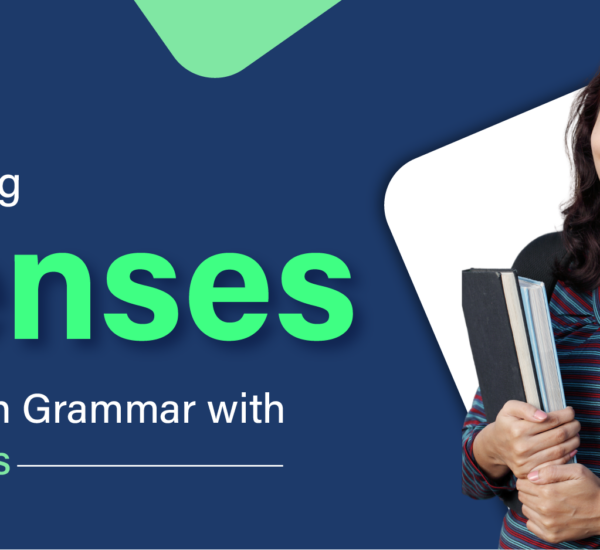As you can tell from the term, contractions are used in English grammar to compress words or sentences. A contraction lowers the length of a word or phrase by omitting letters. In written texts, an apostrophe is used to indicate missing letters. You will learn more about the importance of it along with some examples here. In this article, you will learn the basics and importance of contractions in English grammar.
What are Contractions in English Grammar?
We come across contractions in our daily lives. Contractions are frequently used in casual writings and casual speaking. Verbs are frequently at the heart of any contraction. “Shouldn’t” is an instance of a contraction.
It’s the abbreviated version of the term “should not”. Here you can see that the “o” letter is missing and the word is smaller now with an addition of an apostrophe. Now, that you know the contractions meaning in English grammar, let’s move on to the next section on why we use them.
Why Do We Use Contractions?
Every day, we converse with others and utilise contractions. These words reduce the amount of time we spend speaking. The fewer words make it easier for individuals to get to the essence of the topic.
Hearing contractions mispronounced leads to grammatical errors. When spoken quickly, for instance, may sound like words. It might be perplexing for pupils to learn English as a second language. These students assume the terms “would of” and “would’ve” produce it as “would’ve.”
When to Use Contractions?
Contractions, according to certain writers, have no place in any written language. These folks don’t realise that the way you employ them affects the tone of your voice. They are used in informal writing to produce a more appealing tone of speech. A professional piece of writing, on the other hand, needs an authoritative tone.
The tone of voice you want to use in your content says a lot. Is your target audience welcoming? Is it a sombre occasion? It’s crucial to know who you’re attempting to speak with. Consider your intended readers before writing something with them.
Different Types of Contractions
Contractions Using Nouns and Pronouns
The greatest location to hear a contracted term uttered is in a casual conversation. When placed next to a verb, a noun can form part of a contraction. We frequently hear a word like mom used in conjunction with the verb will. A contracted noun is something like “Mom’ll.” In writing, we seldom use this form of contraction.
In writing, however, contracted pronouns are more common. Pronoun contractions include I’ll, He’d, and He’s. Words like “is” and “has” combine pronouns.
Also Read: How to Learn English Through Movies? How to Learn English Quickly?
Ambiguous Contractions
When reading, you may come across an unclear contraction. Without the correct context, they might be perplexing. It would be hard to know whether “he’d” referred to the sentence “he would” or “he had” without context. The letters “s” and “d” are commonly used to conclude ambiguous contractions.
Examples
# She’s 5 years old.
# She’s got 100 dollars in her account.
“She’s” signifies “she is” in the first line. In this context, “she has” makes no sense at all. “She’s” alludes to “she has” in the second phrase. The second option is wrong.
Informal Contractions
When individuals speak casually, their words are shorter. These terms are frequently misunderstood as slang. We frequently hear individuals using terms like “gonna to” in casual contexts. This word came about as a result of people pronouncing “going to” very quickly.
Apostrophes are not required for informal contractions. In the United States of America, they are increasingly common.
# Whatcha gonna do?
# The girl’s kinda cute.
Also Read: The Formula of Present Perfect Continuous Tense: Facts and Rules to Know
Contractions Examples List
Find all the contractions that are used while speaking and writing in the table below:
| Contraction | Word |
|
|
|
|
|
|
|
|
|
|
|
|
|
|
|
|
|
|
|
|
|
|
|
|
|
|
|
|
|
|
|
|
|
|
|
|
|
|
|
|
|
|
|
|
|
|
|
|
|
|
|
|
|
|
|
|
|
|
|
|
|
|
|
|
|
|
|
|
|
|
|
|
|
|
|
|
|
|
|
|
|
|
|
|
|
|
|
|
|
|
|
|
|
|
|
|
|
|
|
|
|
|
|
|
|
|
|
|
|
|
|
|
|
|
|
|
|
|
|
|
|
|
|
|
|
|
|
|
|
|
|
|
|
|
|
|
|
|
|
|
|
|
|
|
|
|
|
|
|
|
|
|
|
|
|
|
|
|
|
|
|
|
|
|
|
|
|
|
|
|
|
|
|
|
|
|
|
|
|
|
|
|
|
|
|
|
|
|
|
|
|
|
|
|
|
|
|
|
|
|
|
|
|
|
|
|
|
|
|
|
|
|
|
|
|
|
|
|
|
|
|
|
|
|
|
|
|
|
|
|
|
|
|
|
|
|
|
|
|
|
|
|
|
|
|
|
|
|
|
|
|
|
|
|
|
|
|
|
|
|
|
|
|
|
|
|
|
|
|
|
|
|
|
|
|
|
|
|
|
|
|
|
|
|
|
|
|
|
|
|
|
|
|
|
|
|
|
|
|
|
|
|
|
|
|
|
|
|
|
|
|
|
|
|
|
|
|
|
|
|
|
|
|
|
|
|
|
|
|
|
|
|
|
|
|
|
|
|
|
|
|
|
|
|
Also Read: Pronunciations You Should Avoid: Tips to Work on English Pronunciation
What is the Importance of Contractions in Grammar?
Despite the fact that thousands of words are contracted every day, we’ll concentrate on only one today: “not.”
But first, there are two things to keep in mind. The first is that not using contractions might indicate that you are not a native English speaker. This is due to the frequency with which contractions are employed.
Number two, and most crucially, not using contractions indicates to your audience that you are attempting to emphasise the words you are speaking. This implies that if you don’t contract “not,” for example, you’re emphasising the negative word, implying that you’re angry, unhappy, or otherwise negative.Conclusion
Whether you’ve been learning English for a long period of time or are just getting started, you’ve probably heard a lot of native English speakers use contractions.
When it comes to learning and comprehending English, contractions, or shorter variants of a word created by substituting a letter or sounds with an apostrophe (‘), are extremely significant. Using these shorter terms will improve your ability to comprehend a conversation and suggest that you have a greater degree of pronunciation fluency.
If you want to learn more about English language basics, visit The Fluent Life now!
Also Read: Trick to be Fluent in English: Why is Fluency so Important?






